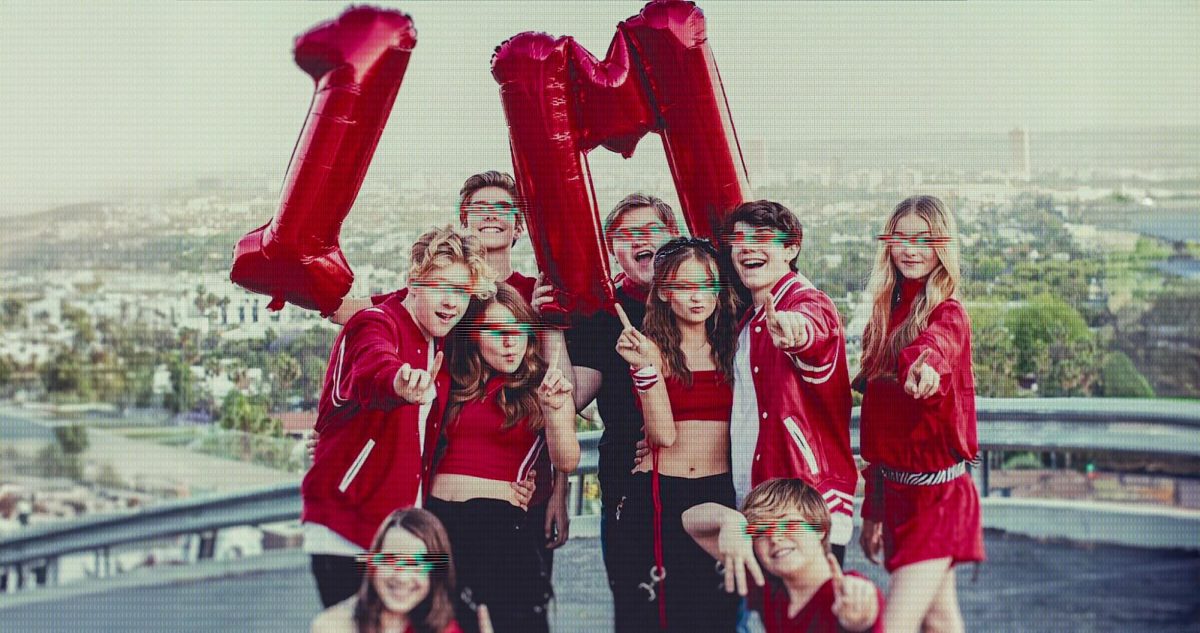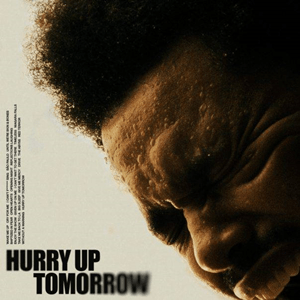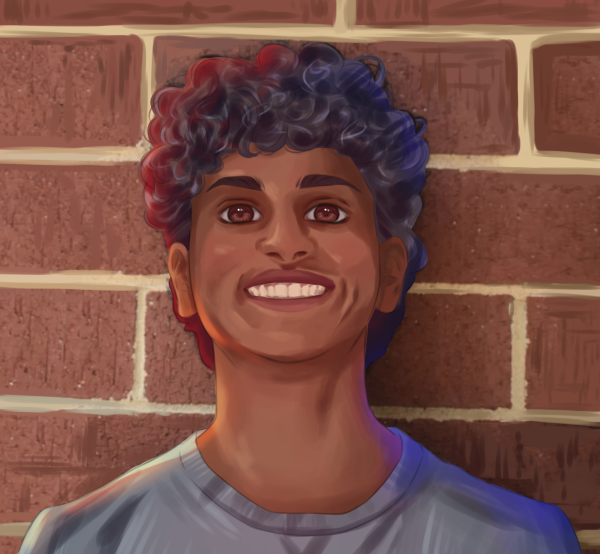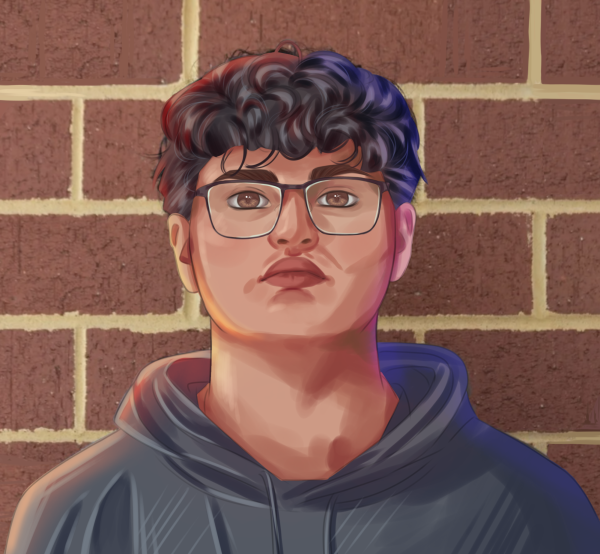On Jan. 31 The Weeknd released his newest album “Hurry Up Tomorrow”. The album featured artists such as Lana Del Rey, Travis Scott, Future, Playboi Cari, and more. He announced that it would be his final album under the pseudonym, which for the fans, was a long time coming. “When is the right time to leave, if not at your peak? Once you understand who I am too much, then it’s time to pivot,” Tesfaye said during an interview hosted by the 100.9 Power radio station.
Abel Makkonen Tesfaye, known as The Weeknd, announced that he wants to pursue other paths of entertainment. He has already started working on a short film called “Hurry Up Tomorrow” marking its spot as the third and final movie in the pop star’s trilogy of short films following 2022’s Dawn FM and 2020’s After Hours.
The album is partially autobiographical talking about pivotal moments in Tesfaye’s career such as his loss of voice in 2022. This gave the album a much more personal and powerful feel, introducing the fans another side of The Weeknd beyond his musical persona. This is perfectly shown through songs such as “I Can’t F****ng Sing” which explores the internal battle Tesfaye faces with the expectations of his fans and, ultimately, himself.
Saying the opening track to the album was a strong start, is an understatement. “Wake Me Up”, featuring Justice, was a powerful track to set the tone for the whole album. In “Wake Me Up,” Tesfaye sings: “Wake me up / ’cause I’m tryin’ / This sleep is paralyzing / Wake me up / ’cause I’m dreaming / It feels so damn real / Wake me up.” This lyrics perfectly introduces the album’s central theme — escaping reality and paralysis through love, fame, and destruction. When he sings, “This sleep is paralyzing / Wake me up,” he expresses the desire to escape his reality of some sort and wants to be free.
The core theme of the album is similar to Tesfaye’s past projects and albums showcasing the themes of regret and isolation through love and destruction. His past albums such as “Trilogy” released in 2012 and the song “Wicked Games” includes lyrics such as “Bring your love, baby, I could bring my shame /
Bring the drugs, baby, I could bring my pain,” which introduces the idea of regret and late night reflections. “Kiss Land,” released in 2013, has lyrics such as, “This ain’t nothing to relate to even if you tried,” which is only one of few examples of many that showcase this core theme of paranoia and regret.
The production of this album, to put it simply, was well done. The beat selection and vocals followed the same R&B/soul style that remains a signature staple of who The Weeknd is. While it was appreciated that he explored new styles in songs such as “São Paulo,” it sometimes felt out of place. The Brazilian Phonk-type beat didn’t match with the rest of the album’s melodic and euphoric style.
For an album marking the end of the persona of The Weeknd and transitioning to a new persona of Abel, the album overall delivers a sensation of emotional impact and production quality making it a memorable listening experience. Each song and track contributes to the album’s overall theme and the album would be otherwise perfect if not for the exceedingly long length of some songs and the tracklist.
While critics such as Album Of The Year argue that the album only deserves a 74, the songs on the album, regardless of being lengthy, were done exceptionally well, especially with the lyricism and beat selection. His signature melodic synth-driven style allows the album to shine forth. Therefore, the Weeknd or Abel delivered a “Timeless” experience and deserves a solid 93/100.



















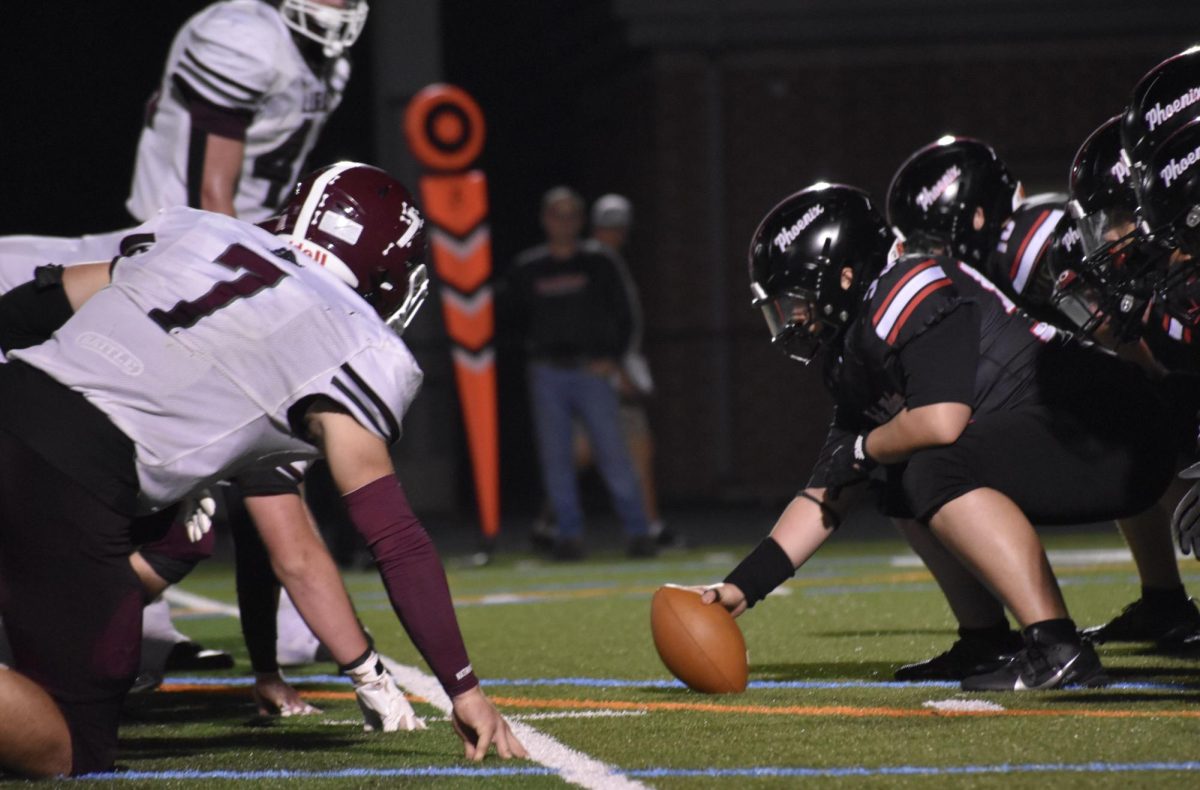





![The Phoenix varsity volleyball team lines up for the national anthem. “We were more communicative [with each other] during this game, and I feel like we kept our energy up, especially after the first set,” senior Jessica Valdov said.](https://theblazerrhs.com/wp-content/uploads/2024/10/DSC_0202-1200x800.jpg)










![Junior Alex Alkhal pitches the ball. “[I] just let it go and keep practicing so we can focus on our goal for the next game to get better as a team,” Alkhal said.](https://theblazerrhs.com/wp-content/uploads/2025/05/DSC_0013-1-1200x929.jpg)






